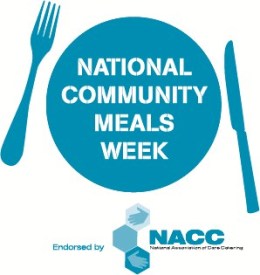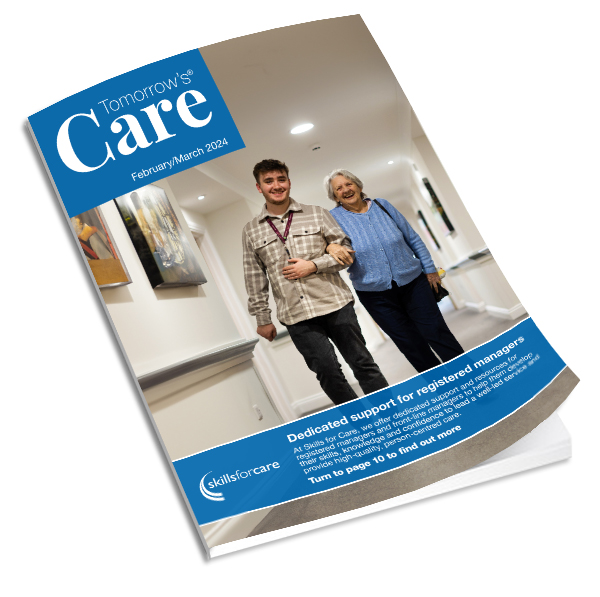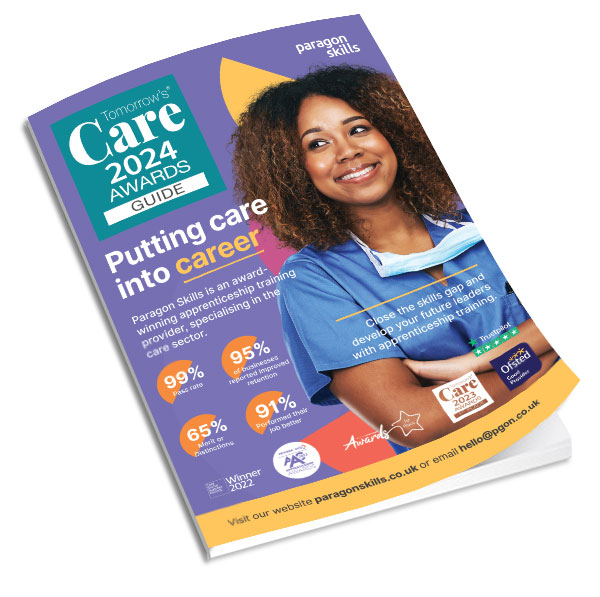- Home
- >
- NACC Community Meals Week research
Spending cuts hit community meals service

Britain’s older people face malnutrition and social isolation as government cuts hit community meals services, the National Association of Care Catering (NACC) has warned.
New research published by the NACC to mark National Community Meals Week (10th – 14th November) shows that one third of councils no longer provide community meals – through meals on wheels, luncheon clubs or day centres – to the elderly and vulnerable living independently in their own homes.
The study also uncovered a ‘postcode lottery’ when it comes to community meals provision. As an example, only 25% of councils in the North East still provide a meals on wheels service, while Northern Ireland has 100% coverage.
The figures were announced at a Pop-up Luncheon Club in the House of Commons to take the organisation’s message to the heart of government. Neel Radia, National Chair of the NACC, has called on parliament to consider making community meals a statutory responsibility for councils to protect services for older people.
The NACC states that the number of community meals served has dropped from 40 million per year ten years ago, to 19 million today. NACC warns that the number of people eligible for community meals has fallen as a result of adult social care funding cuts and changes to the eligibility assessment criteria.
Neel Radia, Chair of the NACC and organiser of Community Meals Week, said: “The abolition of community meals services is incredibly short-sighted and cuts a lifeline for many older people who can face social isolation and loneliness. A visit to a Luncheon Club or the delivery of a meal provides the regular friendly human contact that we all need, and the vital wellbeing and safety checks that the elderly require, particularly in the colder winter months. The government should look at making community meals a statutory responsibility for councils to help protect frontline services for vulnerable older people.”
- CQC ratings
- Care home news
- Care jobs
- Care planning
- Care sector awards
- Care sector events
- Care sector news
- Care staff
- Charity
- Cleaning & Hygiene
- Construction
- Dementia
- Disability
- Entertainment
- Finance
- Fitness
- Food & Drink
- Fundraising
- Furniture
- Health & Safety
- Healthcare
- Hospice & Palliative Care
- Hospitals
- Industry Comment
- Interiors
- Laundry
- Legal
- Leisure
- Medication
- Mental Health
- Mobility
- New appointments
- PPE
- Products
- Property
- Recruitment
- Relationships
- Research
- Safeguarding
- Security
- Services
- Social care
- Sustainability
- Technology
- Training
- Transport
- Uniforms
- Waste
- Wearables

















